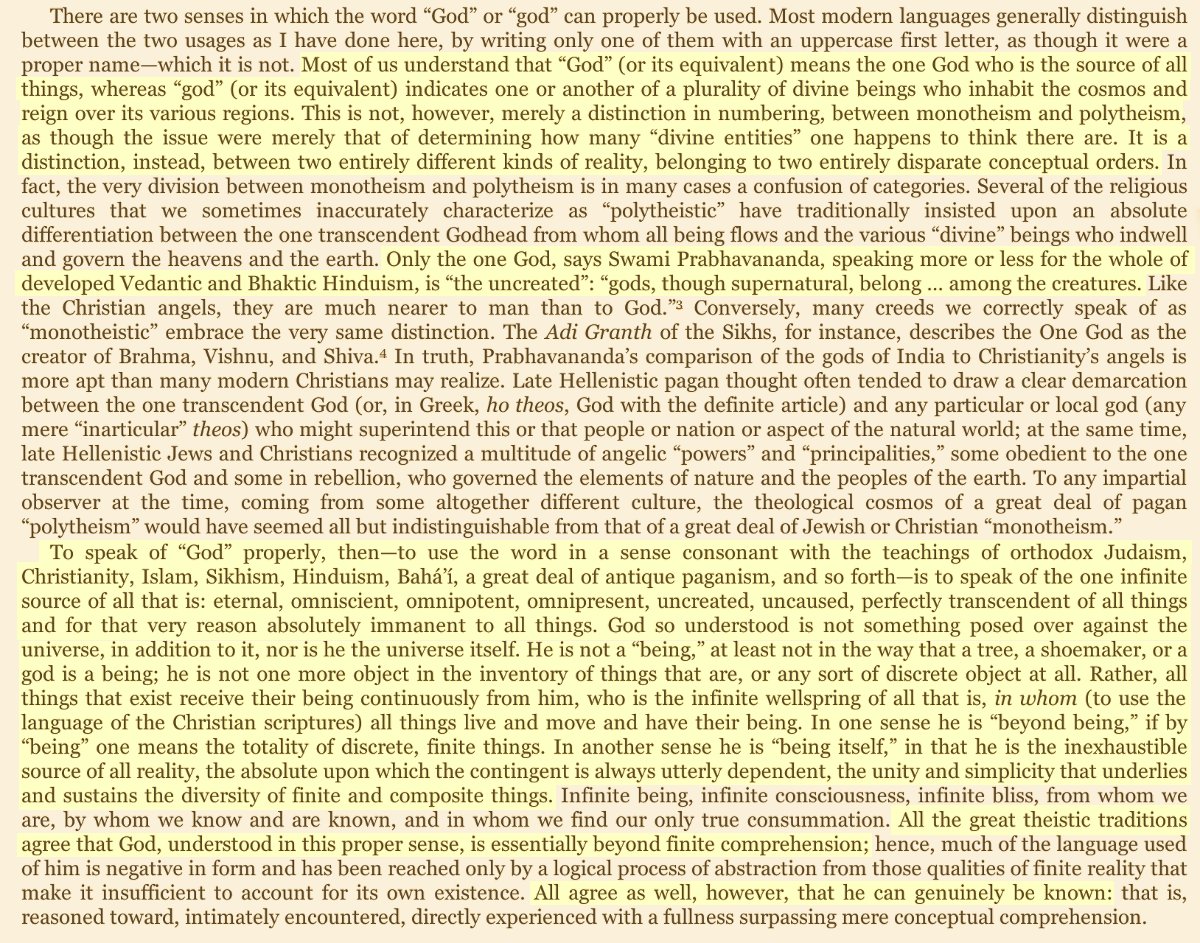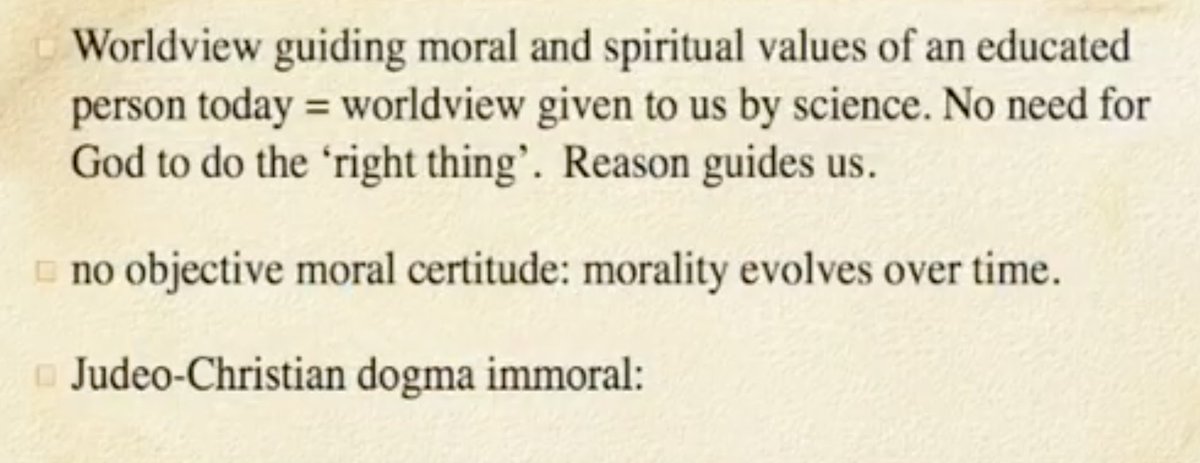I’m going to give a brief analysis of Craig’s and Krauss’ opening statements, and show that Craig is being philosophical and rational and Krauss is using sophistry.
1 God is the best explanation of the origin of the physical universe (or multiverse). Past atheist have maintained a past eternal universe—but science has shown that to be untenable.
That mathematics "fits" nature would have to be a coincidence beyond belief or God made the universe so.
This is of course true. My belief in God is grounded primarily on this.
Let's see how Krauss does.
2 His second argument is that God is "irrelevant at best for science." This is a non sequitur. Science uses a naturalistic methodology, and so this simply doesn't and can't speak to the question of God at all.
You can't appeal to "hidden laws of nature" to "explain" the CREATION of nature.
1 A sophism
2 A irrelevant argument, into which he slips a false analogy
and now
3 Krauss now presents the same sophism as 1, again. I have no idea why argument 3 should be the exact same as argument 1 (unless he doesn't have many arguments)
1 there have been many gods, so God doesn't exist
2 science ignores God, so God doesn't exist
3 there have been many gods, so God doesn't exist
It's an atheistic strawman.
Krauss' 5th "argument" is the question-begging "we know more than iron-age peasants."
I don't know how he thinks he does or can know this. He thinks Christians don't "really" believe that the Holy Eucharist becomes the Body and Blood of Christ.
So this "it's so obviously silly that not even believers believe it" isn't much of an argument. It has all the weight of "science believes things so stupid that most scientists don't believe them."
"The universe is big (by what standard?); therefore God does not exist (how does this follow?)"
"The universe is old (by what standard); therefore God does not exist (how does this follow?)"
"It is impossible for anyone to win the lottery, because the probability that you didn't win or misread your ticket is always greater than winning it. So no one can win the lottery."
Again, attacking a cartoon version of something of your own creation is not what honest men do. More strawmen.
If one remains calm and rational, one can ask "What wrong does God do children by taking them from earthly life into eternal blessedness and everlasting joy?"
None I can see.
Craig made 5 cogent arguments and 1 successful justification of belief in God.
Krauss use sophistry, red herrings, personal attacks, emotional appears, false analogies, and in a few places outright lies and contradictions.
That's the first 45 minutes.
I don't think any reasonable person can regard Krauss as coming out of this looking GOOD, much less as a "winner."
As the saying goes "If you had to cheat to win, you didn't win."












